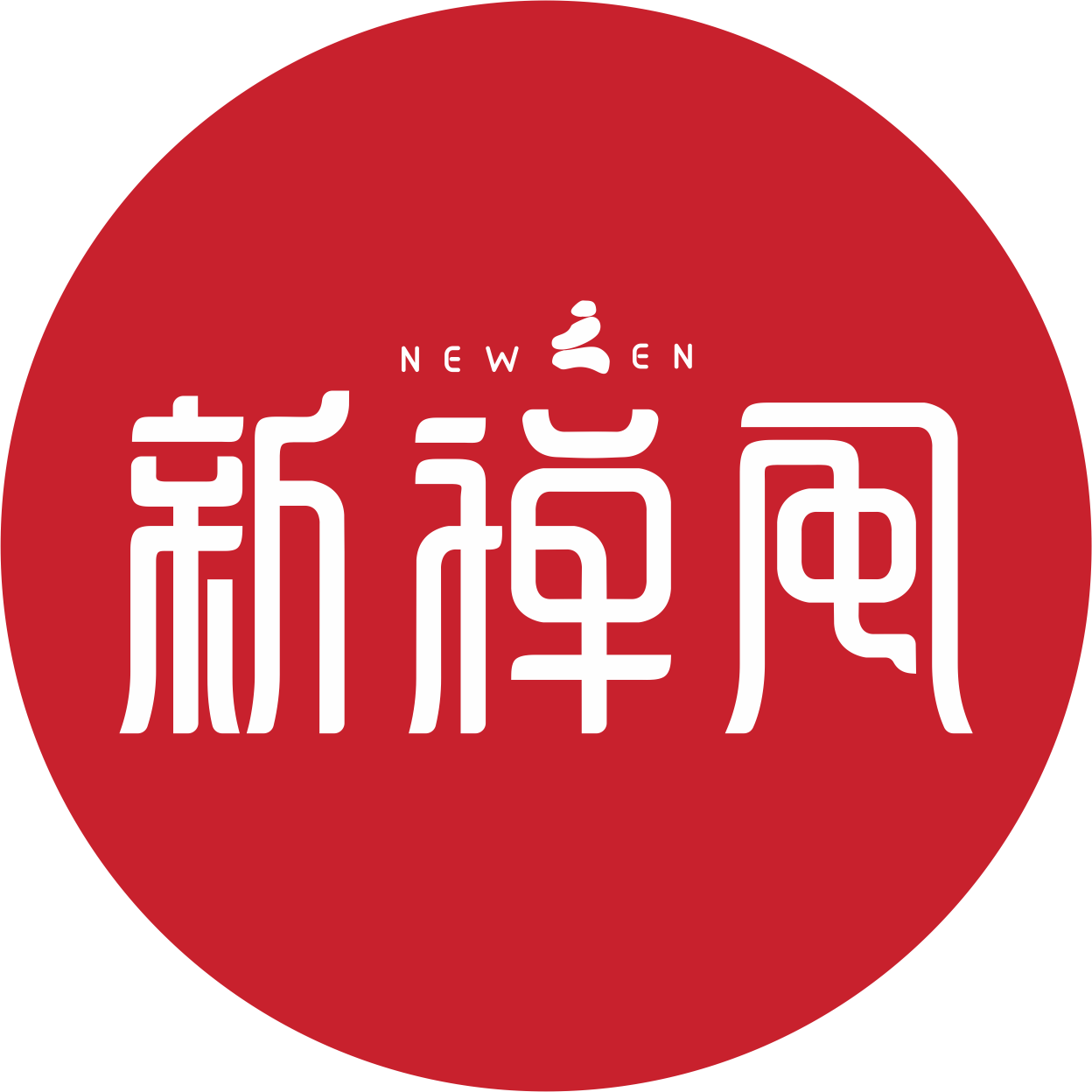来源:济群法师 2024年07月14日

Everyone seeks happiness, but what exactly is happiness?

In times of material scarcity, we often believed that owning things equaled happiness. When we lacked money, having money was happiness; when we were unmarried, getting married was happiness; when we had no children, having children was happiness; when we had no home or car, having a home and car was happiness. We thought that obtaining what we desired would make us happy.

As the economy continues to grow, many people have achieved generational wealth and the living standards they once dreamed of. However, they still find themselves unhappy. Why is this? It is because they lack a healthy mindset.

Pursuing happiness based on confusion and afflictions means that no matter how much we own, we will never truly obtain happiness. Instead, focusing excessively on material possessions can lead to unhealthy comparison, competition, pressure, and negative emotions like anxiety and insecurity.

Buddhism tells us that the mind is the source of both suffering and happiness. When the mind is full of afflictions, these negative emotions will continue to create problems, obstacles, and harms in our lives, becoming a perpetual motion machine that keeps producing suffering.

On the contrary, when there is no confusion, affliction, or pressure in life, even with simple food and drink, one can still find joy in life, as the saying goes, “If nothing weighs down your mind, any time is a good time in this world.” Therefore, Buddhism emphasizes mental health and the joy of liberation rather than taking material possessions as the basis of happiness.

The essence of Buddhist cultivation lies in developing healthy mindsets. Only by freeing ourselves from confusion and afflictions can we experience true happiness.

